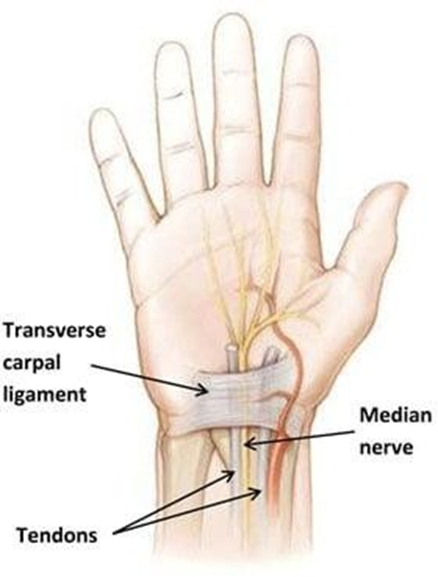The nurse is performing a rectal examination on a client and finds a firm, irregularly shaped mass. Which of the following is the next action the nurse should take?
Report the finding, and refer the client to a specialist for further examination.
Tell the client that a mass was felt, but is nothing to worry about.
Instruct the client to return for a repeat assessment in 1 month.
Continue the examination, and document the findings on the chart.
The Correct Answer is A
A firm, irregularly shaped mass found during a rectal examination could potentially indicate a serious condition such as a tumor or other pathology. It's essential to report such findings and refer the client to a specialist for further evaluation and appropriate diagnosis.
B. It's important not to dismiss or downplay the significance of finding a mass, as it could signify a serious health issue.
C. Waiting a month for reassessment could potentially delay necessary medical intervention if the mass is concerning.
D. While documentation is important, it's crucial to prioritize immediate reporting and referral for further evaluation when such findings are discovered.
Nursing Test Bank
Naxlex Comprehensive Predictor Exams
Related Questions
Correct Answer is C
Explanation
A. Vas deferens is a duct that transports sperm from the epididymis to the ejaculatory duct but isn't an accessory glandular structure.
B. Scrotum is the sac of skin that houses the testes but isn't an accessory gland.
C. The prostate gland is an accessory glandular structure in males responsible for producing part of the seminal fluid.
D. Testis is the primary male reproductive organ responsible for sperm production but isn't an accessory gland.
Correct Answer is C
Explanation
A. Plantarflexion and dorsiflexion refer to movements of the foot and are unrelated to the Phalen test.
B. Hyperextension of the wrists with the palmar surfaces touching is not the correct maneuver for the Phalen test.
C. The Phalen test involves holding both hands back to back while flexing the wrists at a 90- degree angle for about 60 seconds, which may induce symptoms of carpal tunnel syndrome in those affected.
D. Hyperextending the wrists with the palms together doesn’t simulate the stress on the median nerve in the same way as the Phalen test.

Whether you are a student looking to ace your exams or a practicing nurse seeking to enhance your expertise , our nursing education contents will empower you with the confidence and competence to make a difference in the lives of patients and become a respected leader in the healthcare field.
Visit Naxlex, invest in your future and unlock endless possibilities with our unparalleled nursing education contents today
Report Wrong Answer on the Current Question
Do you disagree with the answer? If yes, what is your expected answer? Explain.
Kindly be descriptive with the issue you are facing.
